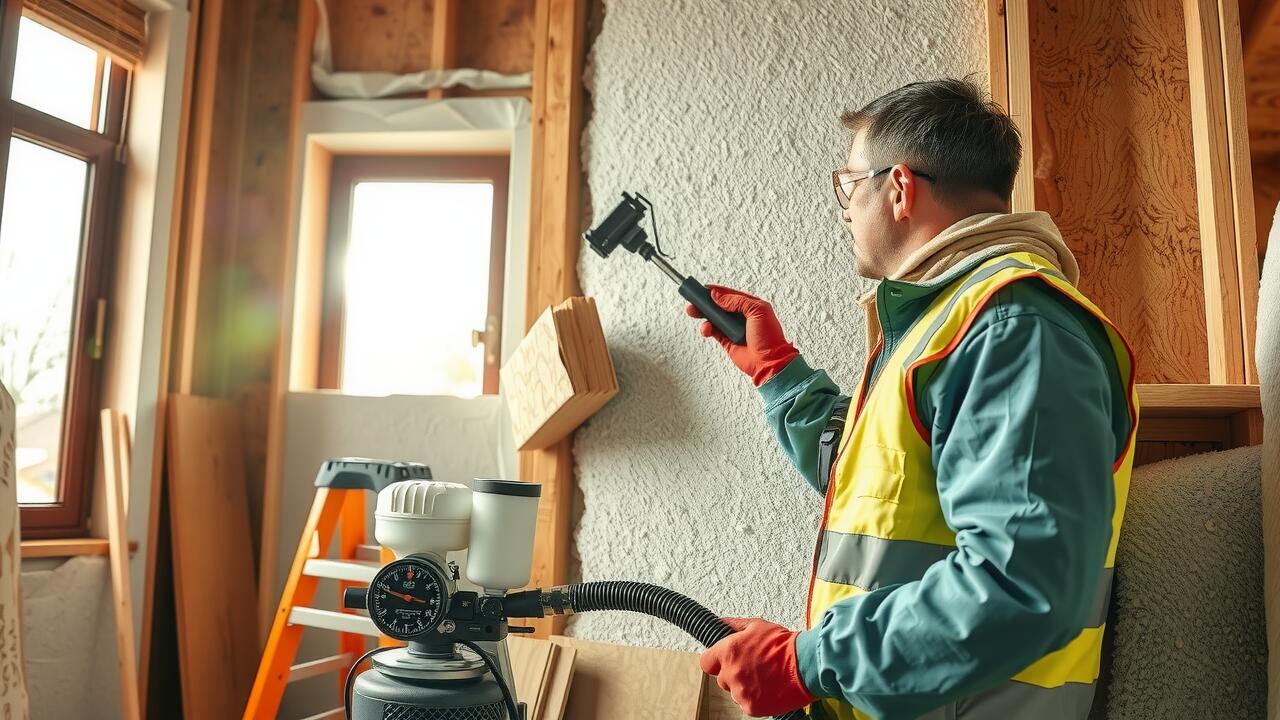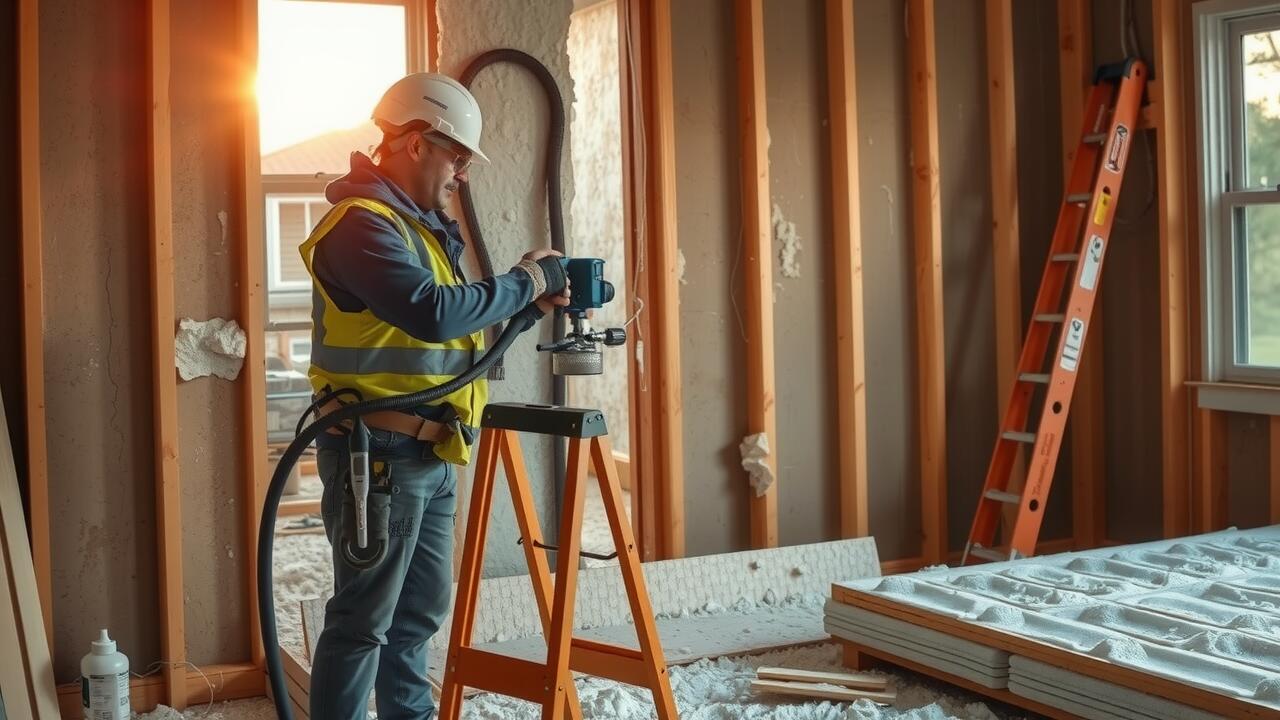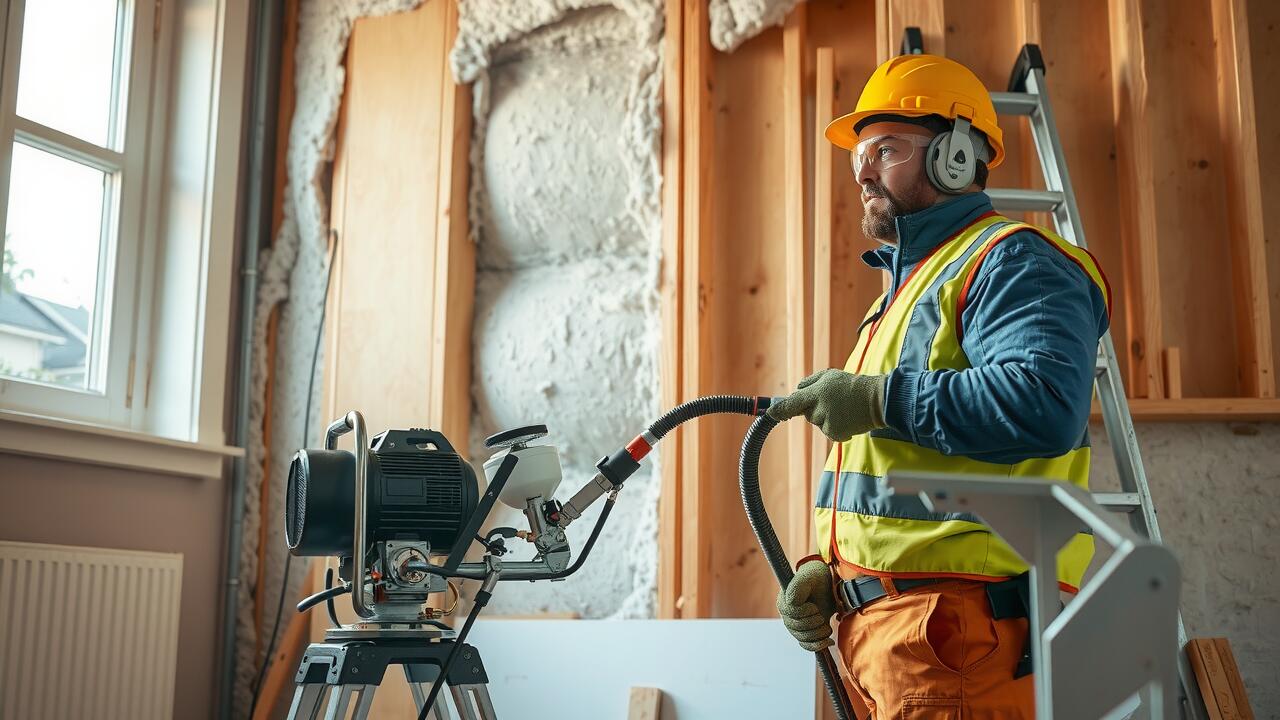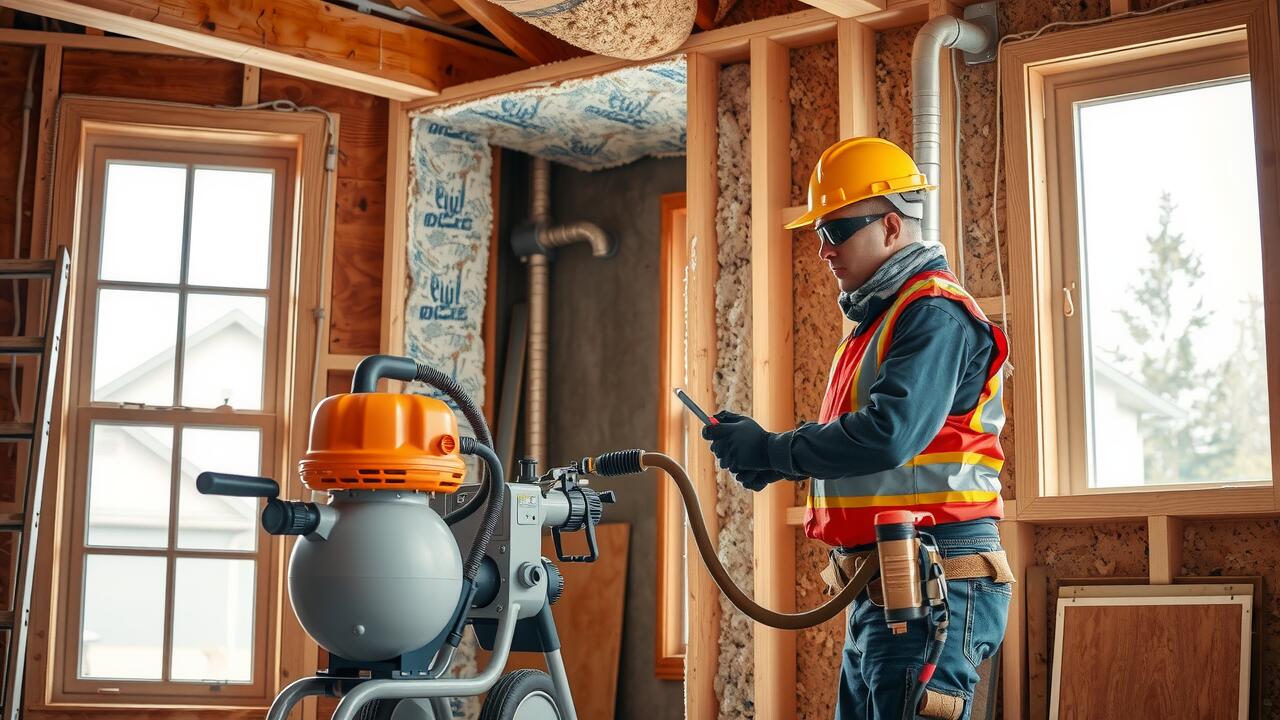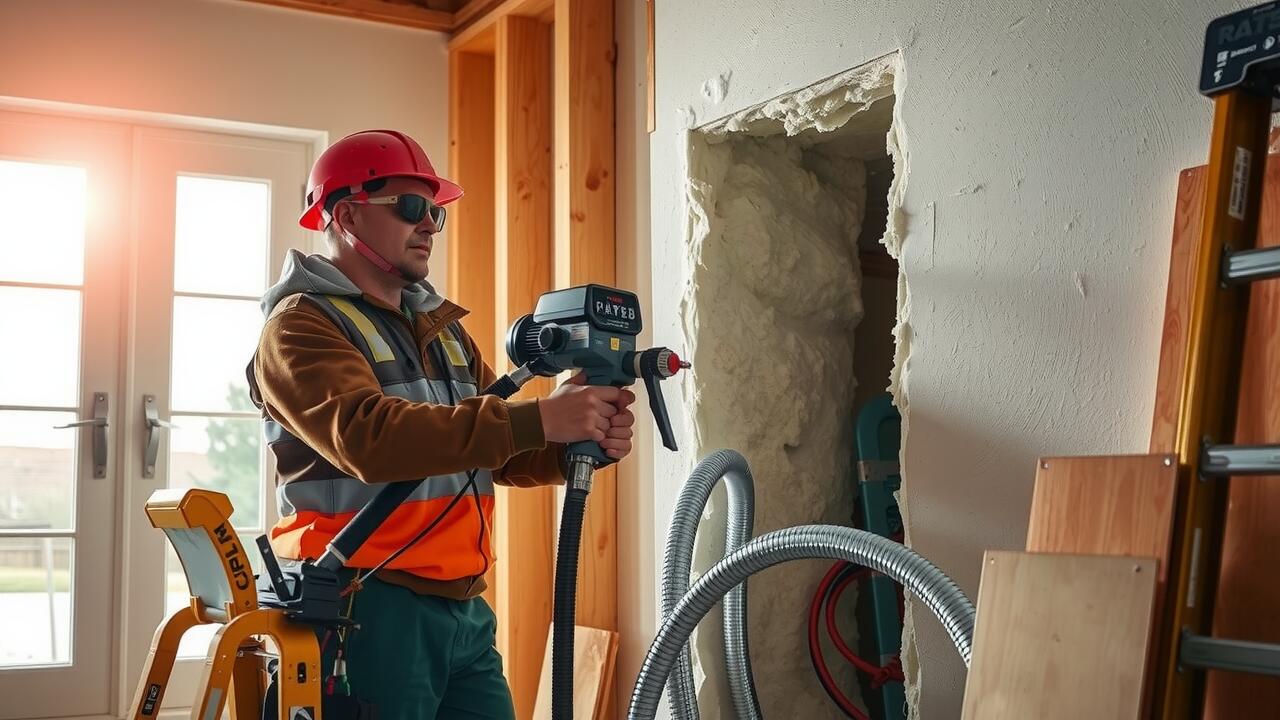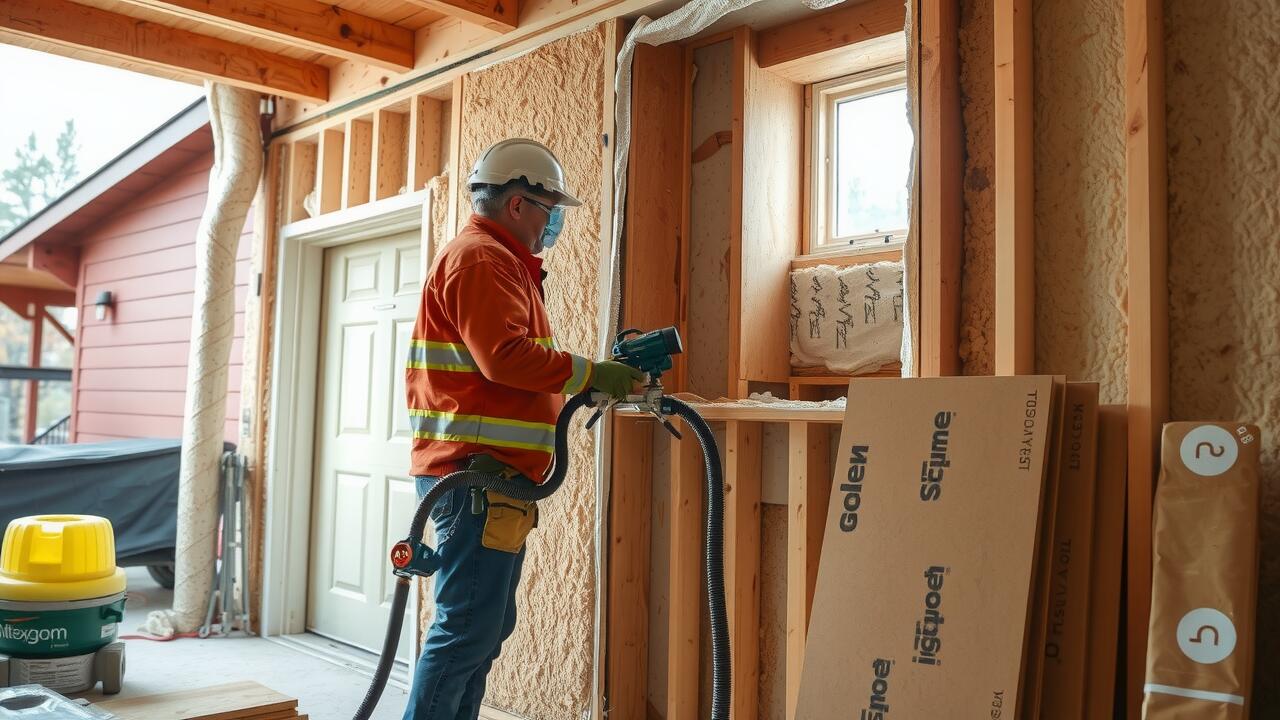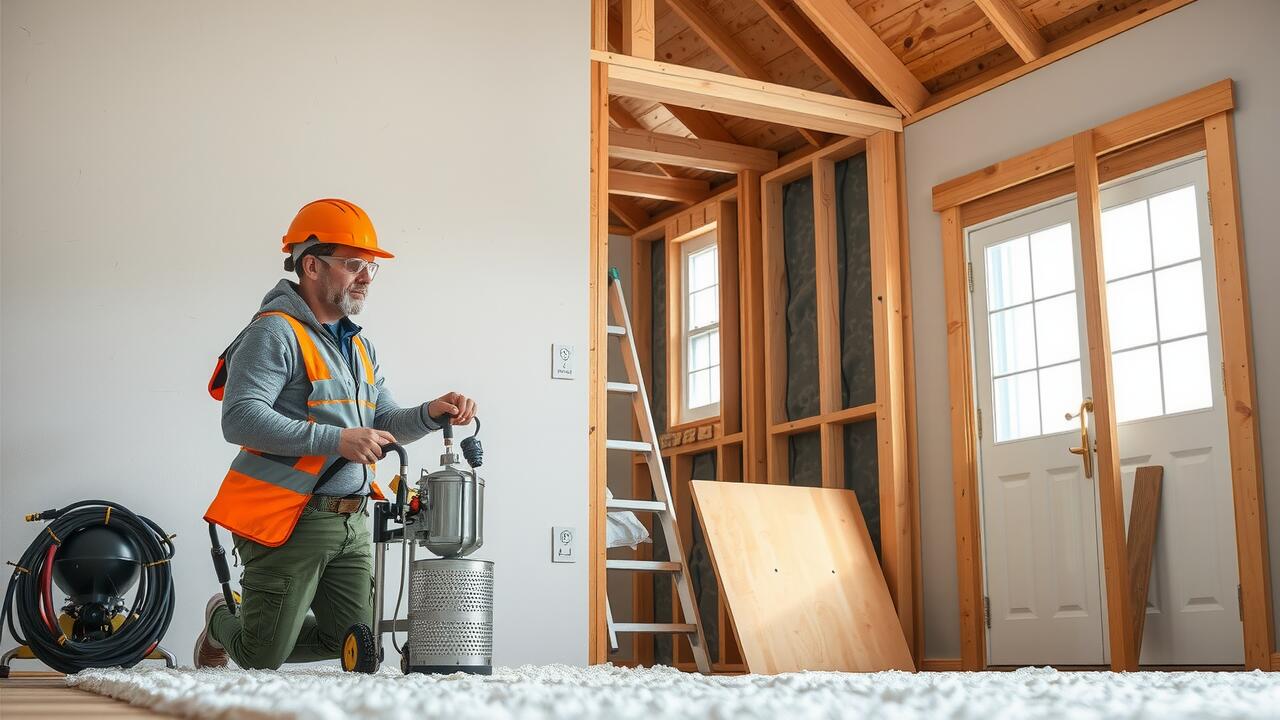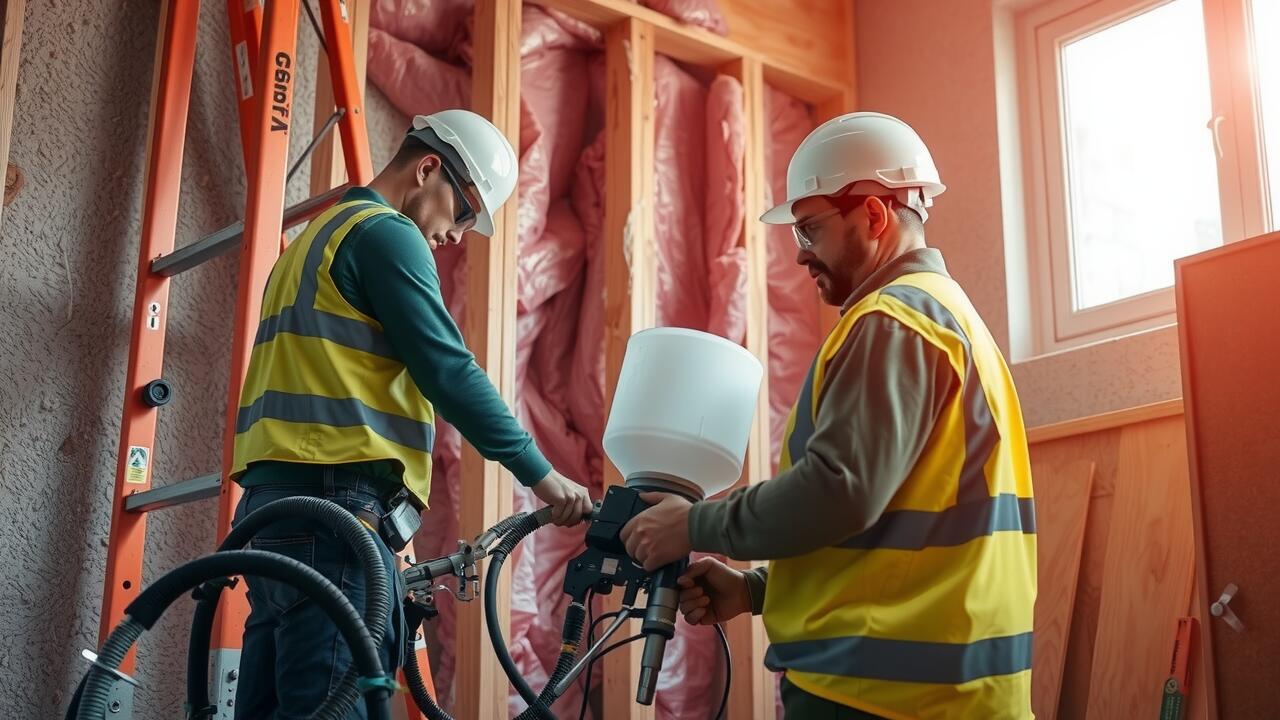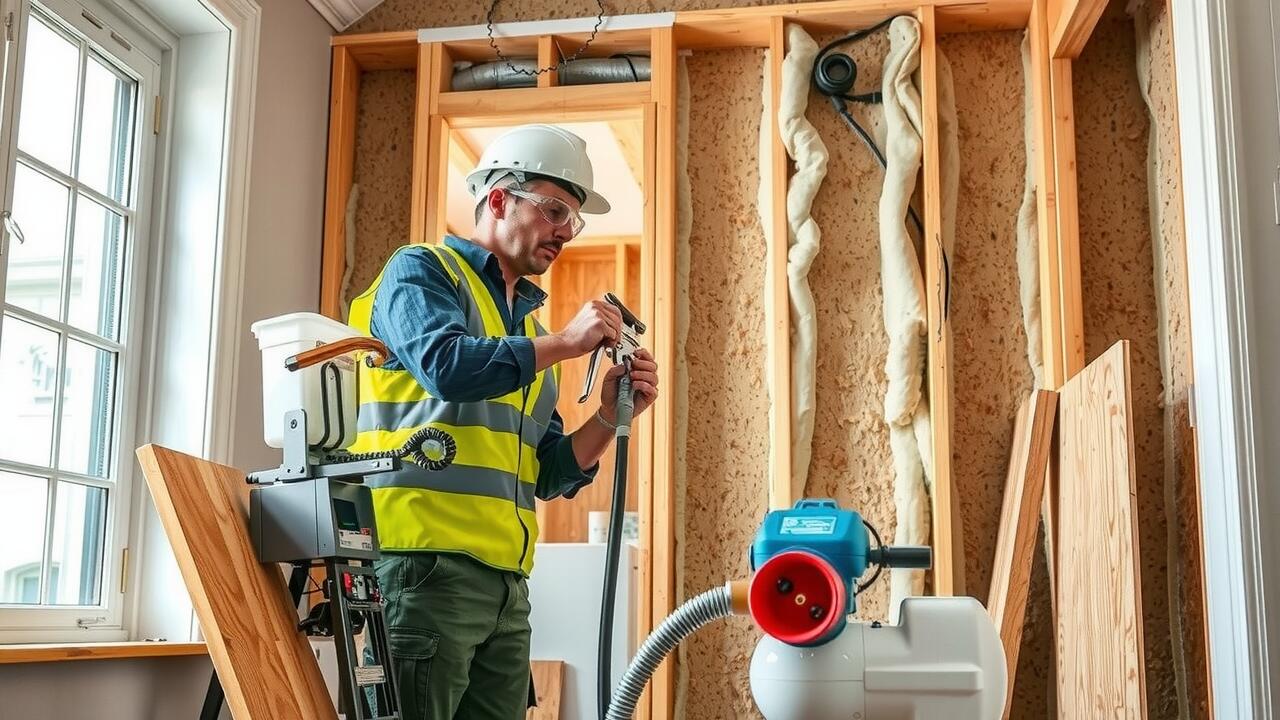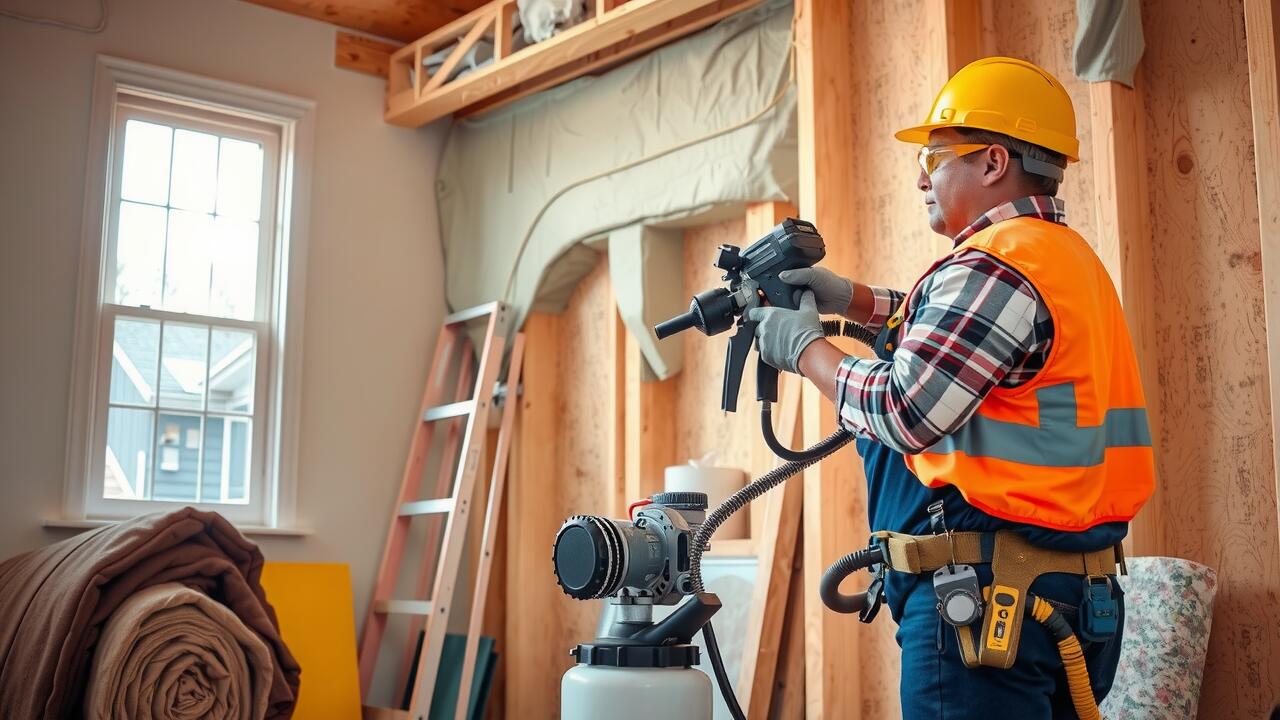Structural Safety Concerns
Older properties often display unique architectural features and building methods that may not withstand the pressures imposed by modern insulation techniques. The introduction of Cavity Wall Insulation in such homes can lead to a range of structural concerns, particularly if the foundations or walls are already compromised. Factors like moisture retention, dampness, or insufficient ventilation may be exacerbated by the insulation, potentially causing long-term damage.
Additionally, properties constructed from certain materials, such as non-engineered or weak brickwork, may not provide adequate support for the added weight and moisture retention associated with Cavity Wall Insulation in challenging conditions. Homeowners must prioritise a thorough assessment by qualified professionals. Understanding the structural integrity of the building is essential to prevent possible hazards that could arise from improper insulation practices.
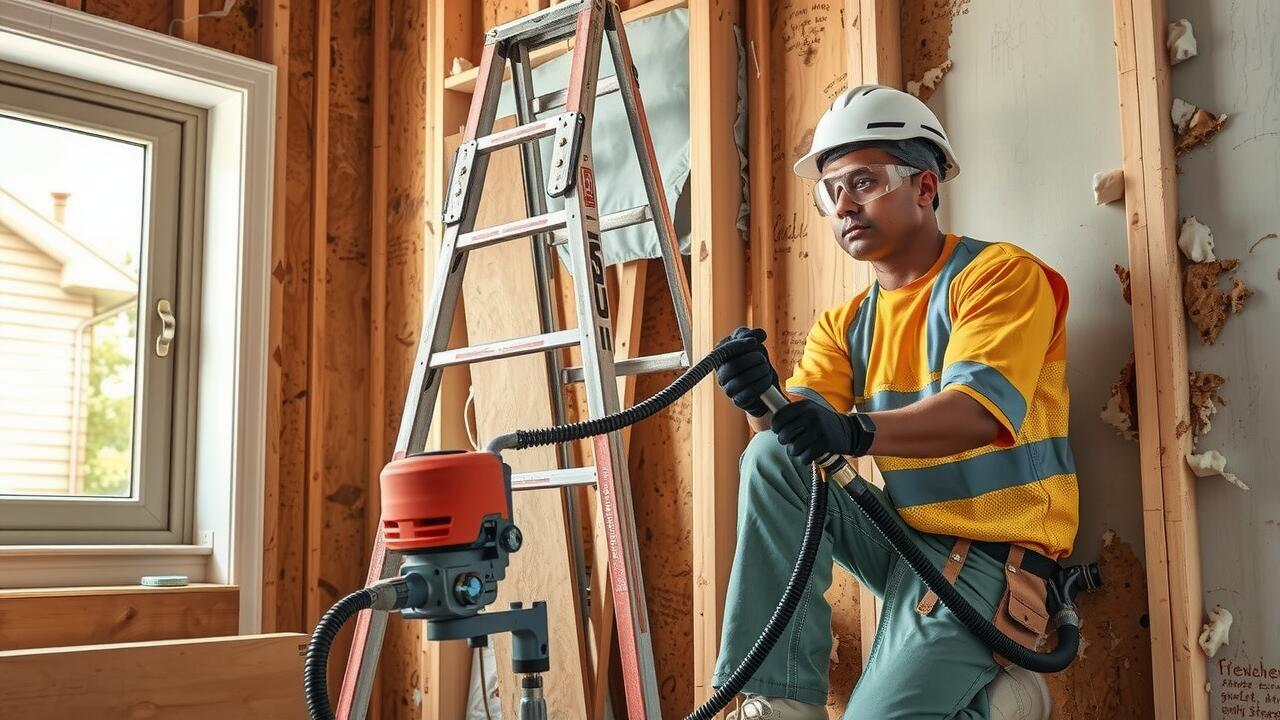
Assessing the Risks of Insulation in Older Properties
Older properties often come with unique structural characteristics that may not be compatible with modern insulation techniques. Cavity Wall Insulation in buildings that feature solid walls or inadequate ventilation can lead to moisture retention and potential damage. Without proper assessment, the introduction of insulation could exacerbate existing issues, such as dampness or decay in support timbers.
Moreover, the materials used in older homes, including specific types of brick and mortar, may not have the durability to withstand the long-term effects of insulation. The risk of condensation buildup increases when these materials are insulated improperly. Consequently, a thorough evaluation by professionals is essential before considering Cavity Wall Insulation in such properties to ensure that the structural integrity remains intact while improving energy efficiency.
FAQS
What types of houses should avoid cavity wall insulation?
Houses that have been significantly altered or extended, those with structural safety concerns, or properties situated in areas with specific local climate considerations may not be suitable for cavity wall insulation.
INSUL8
How do property alterations affect the decision for cavity wall insulation?
Health and Safety Factors
Modifications such as extensions or major renovations can impact the integrity of the original structure, potentially making cavity wall insulation less effective or even risky.
Cavity wall insulation in residential properties can significantly influence indoor air quality and occupant health. Improper installation or poor-quality materials might lead to the accumulation of moisture within the walls. This trapped moisture can create an environment conducive to mould growth. Mould spores can adversely affect those with respiratory issues and allergies, posing serious health risks.
What climate factors should be considered before installing cavity wall insulation?
Moreover, the materials used for cavity wall insulation in some cases may contain harmful substances. Inadequate ventilation around insulated walls may enhance the risk of chemical off-gassing from these materials. Homeowners might face additional health hazards if inadequate assessment is made regarding the types of insulation chosen. The balance between energy efficiency and maintaining a healthy living environment is crucial.
Local climate conditions, such as high humidity or frequent heavy rainfall, can influenc
Privacy Policy
Terms of Service
Sitemap
 Assessing the Risks of Insulation in Older Properties
Assessing the Risks of Insulation in Older Properties